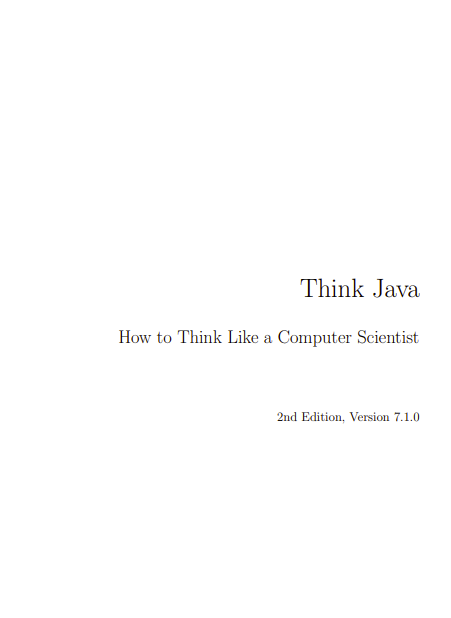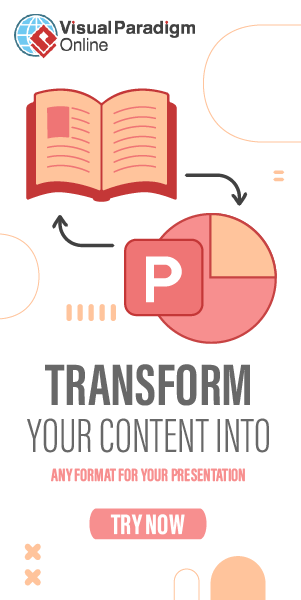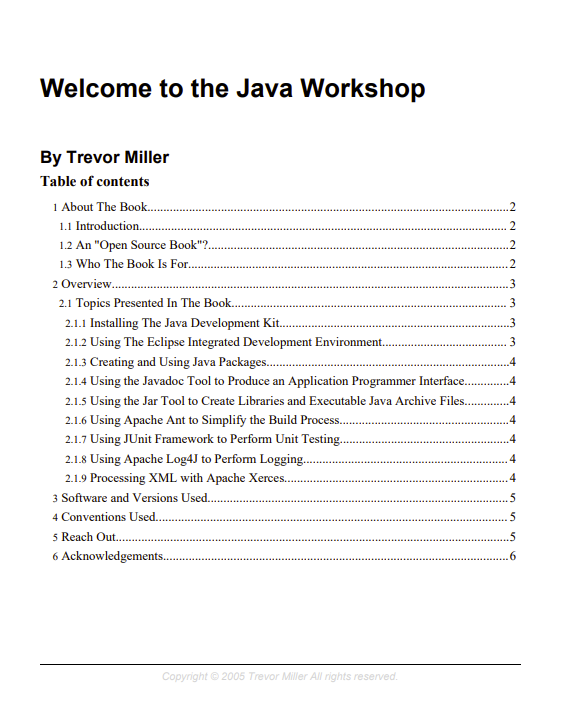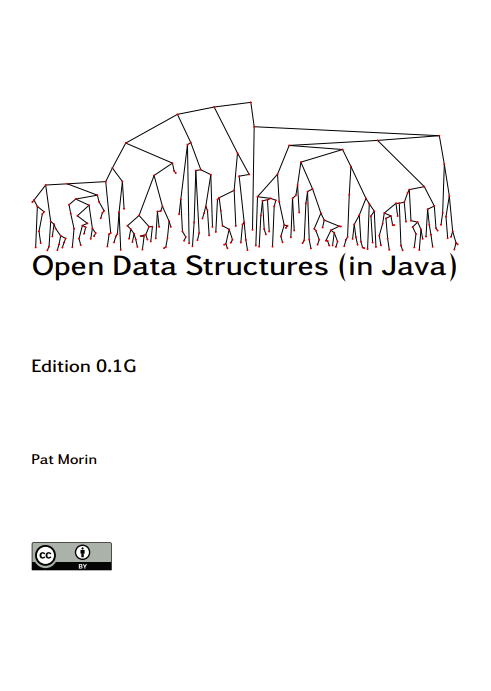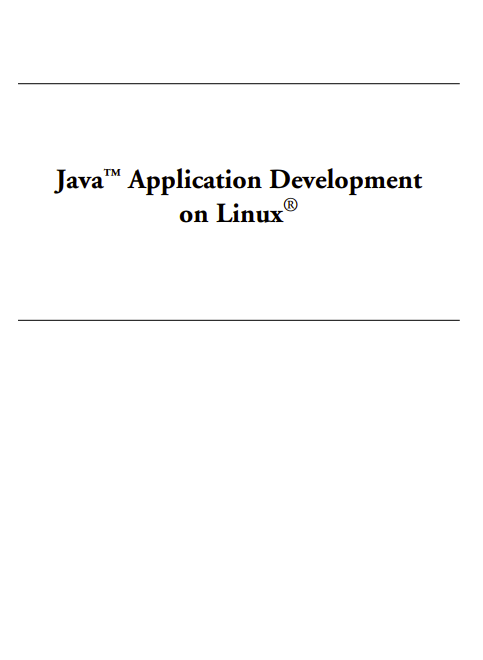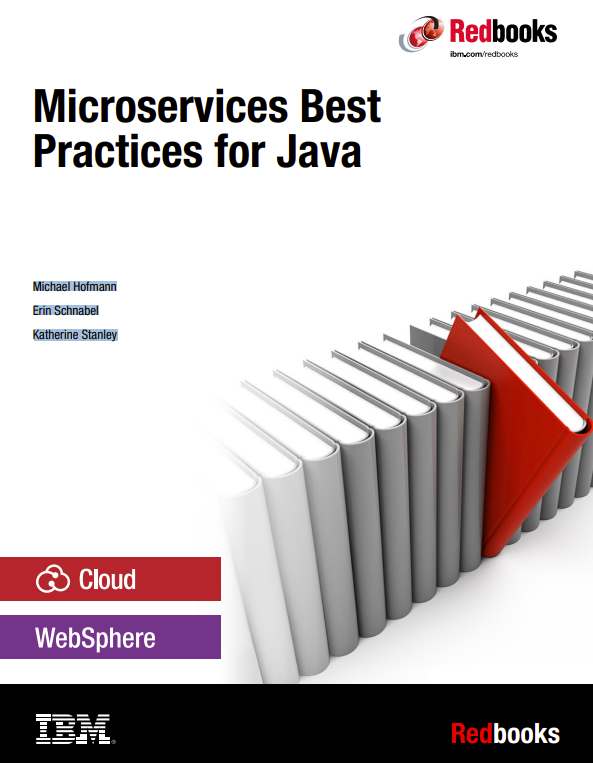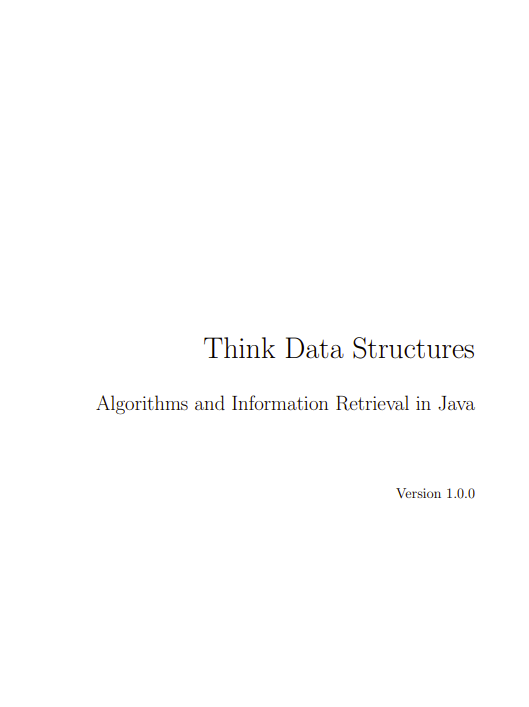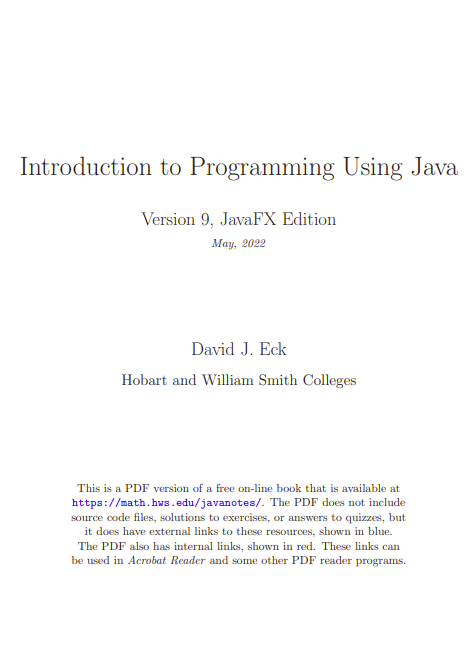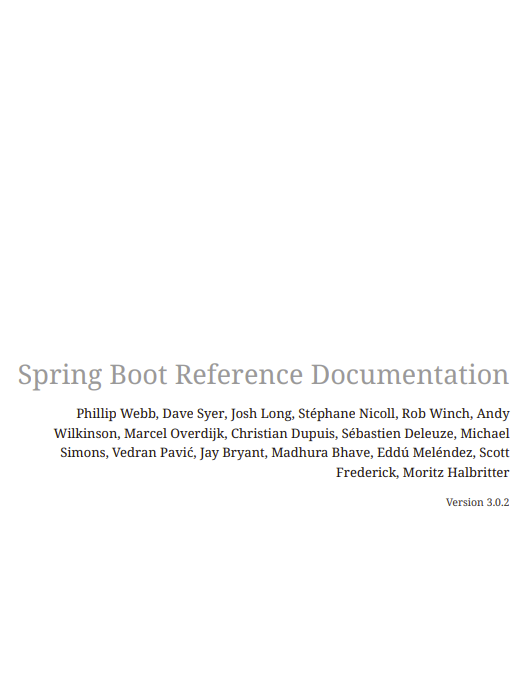Computer Programming
The goal of this book is to teach you to think like a computer scientist. This way of thinking combines some of the best features of mathematics, engineering, and natural science. Like mathematicians, computer scientists use formal languages to denote ideas—specifically, computations. Like engineers, they design things, assemble components into systems and evaluate trade-offs among alternatives. And like scientists, they observe the behavior of complex systems, form hypotheses, and test predictions.
An important skill for a computer scientist is problem-solving. It involves the ability to formulate problems, thinks creatively about solutions, and express solutions clearly and accurately. As it turns out, the process of learning to program computers is an excellent opportunity to develop problem-solving skills. On one level, you will be learning to write Java programs, a useful skill by itself. But on another level, you will use programming as a means to an end. As we go along, that end will become clearer.
1.1 What Is a Computer?
When people hear the word computer, they often think of a desktop or a laptop. Not surprisingly, searching for “computer” on Google Images (https: //images.google.com/) displays rows and rows of these types of machines. However, in a more general sense, a computer can be any type of device that stores and processes data.
